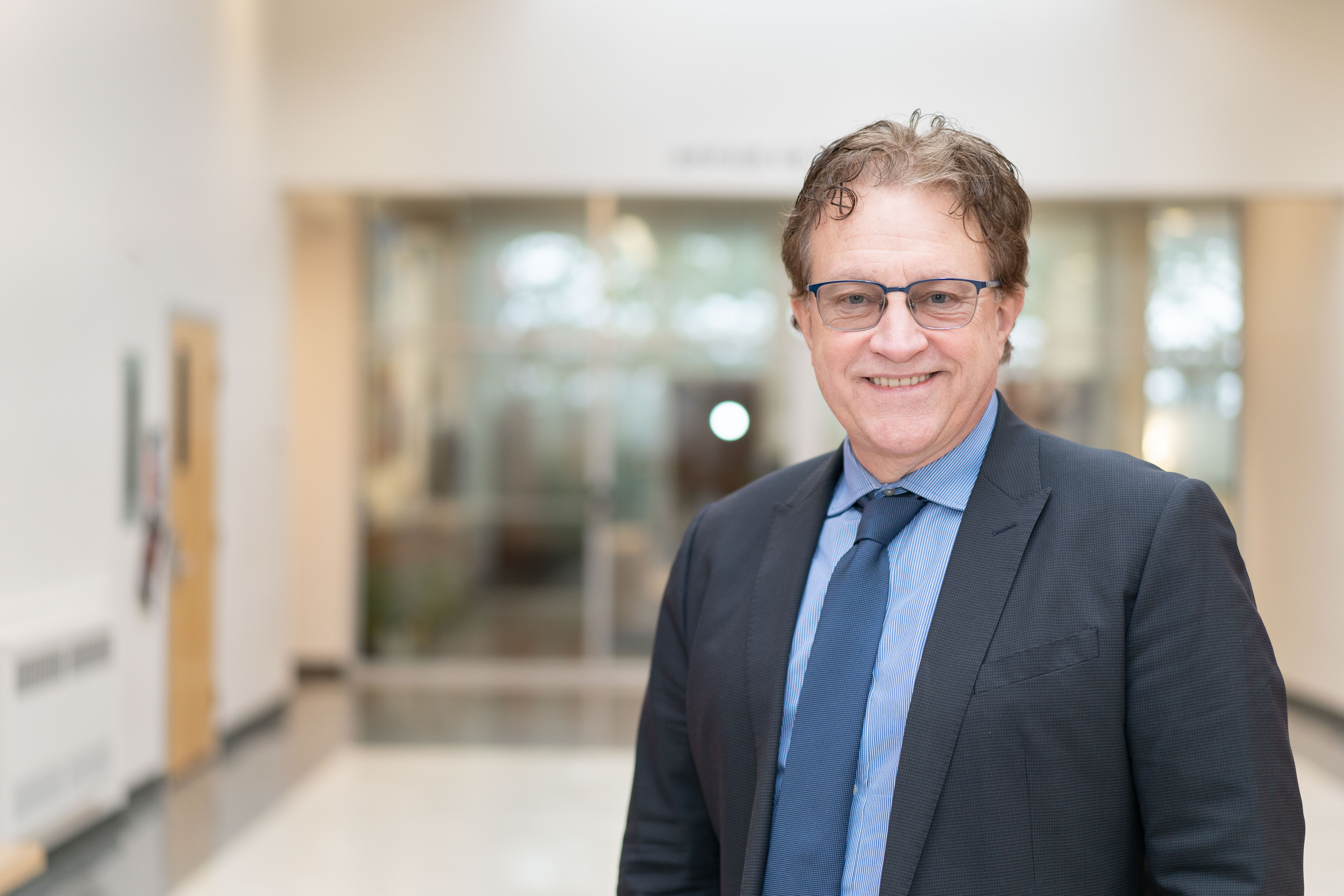
February 1, 2021
Dear Arts faculty and staff,
As we approach one full year of remote teaching and learning, I’ve never had more reason to hope that the holidays provided each of you with time to replenish and restore your energy, optimism and peace of mind. In addition to the immediate health impacts of the COVID-19 pandemic on many, this period has led to increased isolation, challenges to mental and physical health and wellbeing, and increased demands on time, patience and endurance. The Arts community has demonstrated a deep reserve of care, concern and thoughtfulness, as well as remarkable dedication throughout this crisis (with a big dose of resiliency too). We will continue to find ways to support each other until the outbreak is behind us.
As we all know now, Summer Term 1 and 2 will look a lot like our current situation, but with additional courses offered face-to-face where feasible and where the rationale for doing so is strong. Federal government predictions that most Canadians will be vaccinated by September suggest the Provincial Health Services Authority will be working with the university sector to move us closer to normalcy for Winter Term 1, but there are still too many variables to make firm plans. In the meantime, I will continue to make sure the realities of teaching, learning and research in the Faculty of Arts are reflected in the university’s planning process.
Against the backdrop of COVID-19, there is much to be proud of across the Faculty of Arts. I want to give a special acknowledgement to our two new University Killam Professors: Professor Tina Loo of the Department of History and Professor Rashid Sumalia of the School of Public Policy and Global Affairs (whose appointment is shared with the Institute of Oceans and Fisheries). These professorships are recognized as the highest honour UBC bestows on its faculty. I’m also delighted to congratulate Professor Daniel Justice, of the Department of English and First Nations and Indigenous Studies, who has been appointed to the Order of Canada, one of the country’s highest honours.
The many accomplishments of our faculty and staff are also reflected in the 2020 university rankings, such as the latest Times Higher Education ranking, which placed our Social Sciences as 27th in the world, tied for best in Canada with the University of Toronto. The QS World University Rankings listed our Social Sciences at #21 and Arts and Humanities programs at #24 in the world, with many departments earning a spot in the top 25 worldwide. This is just a sampling of our achievements in world rankings, and there are many more areas that are similarly thriving that don’t appear in these rankings. Our recruitment likewise continues to be strong, with applications to Arts up this year by 20% from last year. This is a testament to the outstanding work done across our Faculty in teaching, curricular development and research—and to the reputation of Arts and UBC.
I’m also pleased to share that we are searching for approximately 50 new full-time faculty positions, including seven positions funded by the President’s Academic Excellence Initiative. This search takes place at a time when many universities have largely shut down their hiring—and as a result, we are having great success in deepening the diversity and excellence of our professoriate.
Finally, I want to invite all faculty to share their feedback on our proposed changes to the Bachelor of Arts breadth requirements. As I’ve noted elsewhere, our current requirements date back to the 1960s, and the world and the university have changed immensely since then. We cannot expect breadth requirements from that era to properly inspire the curricular choices of our BA students today. We’ve just launched the BA Breadth Requirements Renewal Arts Internal Resource (AIR) site for our faculty members to review the proposal and provide feedback, and we will be launching broader student consultations to complement the work we’ve done so far with students. Consultations across the Faculty concerning the proposed requirements have spanned five years so far, and we are hoping to begin moving them through governance in April. I would like to thank the faculty, students and staff who have already been engaged in this work, and we look forward to hearing from you.
Gage Averill, Dean of Arts